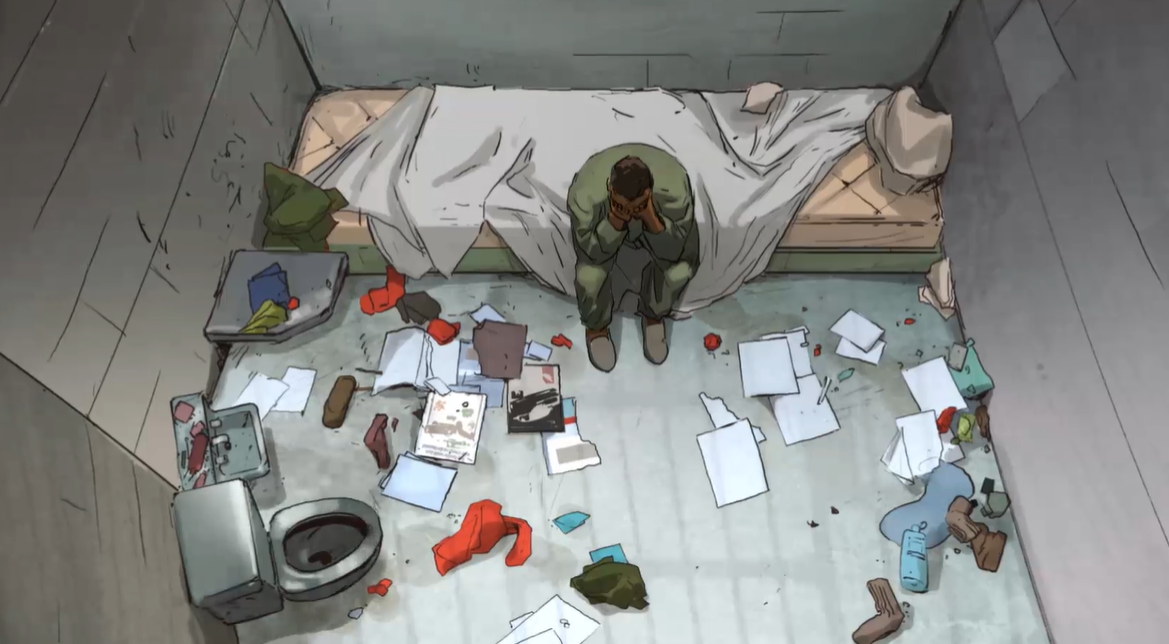The Increased Use of Prisons to Manage Mental Health Concerns
More than half of all Americans in prison or jail have a mental illness

The number of incarcerated people who have a mental illness is growing across the country, raising critical questions about using prisons instead of hospitals to manage serious mental health problems.
More than half of all Americans in prison or jail have a mental illness. Prison officials often fail to provide appropriate treatment for people whose behavior is difficult to manage, instead resorting to physical force and solitary confinement, which can aggravate mental health problems.
More than 60,000 people in the U.S. are held in solitary confinement. They’re isolated in small cells for 23 hours a day, allowed out only for showers, brief exercise, or medical visits, and denied calls or visits from family members. Studies show that people held in long-term solitary confinement suffer from anxiety, paranoia, perceptual disturbances, and deep depression. Nationwide, suicides among people held in isolation account for almost 50% of all prison suicides, even though less than 8% of the prison population is in isolation.
The Supreme Court signaled in 2011 that failing to provide adequate medical and mental health care to incarcerated people could result in drastic consequences for states. It found that California’s grossly inadequate medical and mental health care is “incompatible with the concept of human dignity and has no place in civilized society” and ordered the state to release up to 46,000 people from its “horrendous” prisons.
But many other states - investigations into Alabama's treatment of incarcerated persons with mental illness as a recent example - continue to fall far below basic constitutional requirements. A a federal court found Alabama’s “horrendously inadequate” mental health services had led to a “skyrocketing suicide rate” among incarcerated people. The court found that prison officials don’t identify people with serious mental health needs. There’s no adequate treatment for incarcerated people who are suicidal. Alabama prisons routinely discipline people with mental illness, often putting them in isolation for long periods of time.
As a nation, we must recognize that the solution to caring for people with mental illness before they become ensnared in the criminal legal system – a network of community mental health centers with a single point of entry – has existed for decades but has never been adequately funded. It is time to commit the fiscal resources necessary to break the cycle of failure that has plagued our nation and to meaningfully care for the most vulnerable amongst us.










